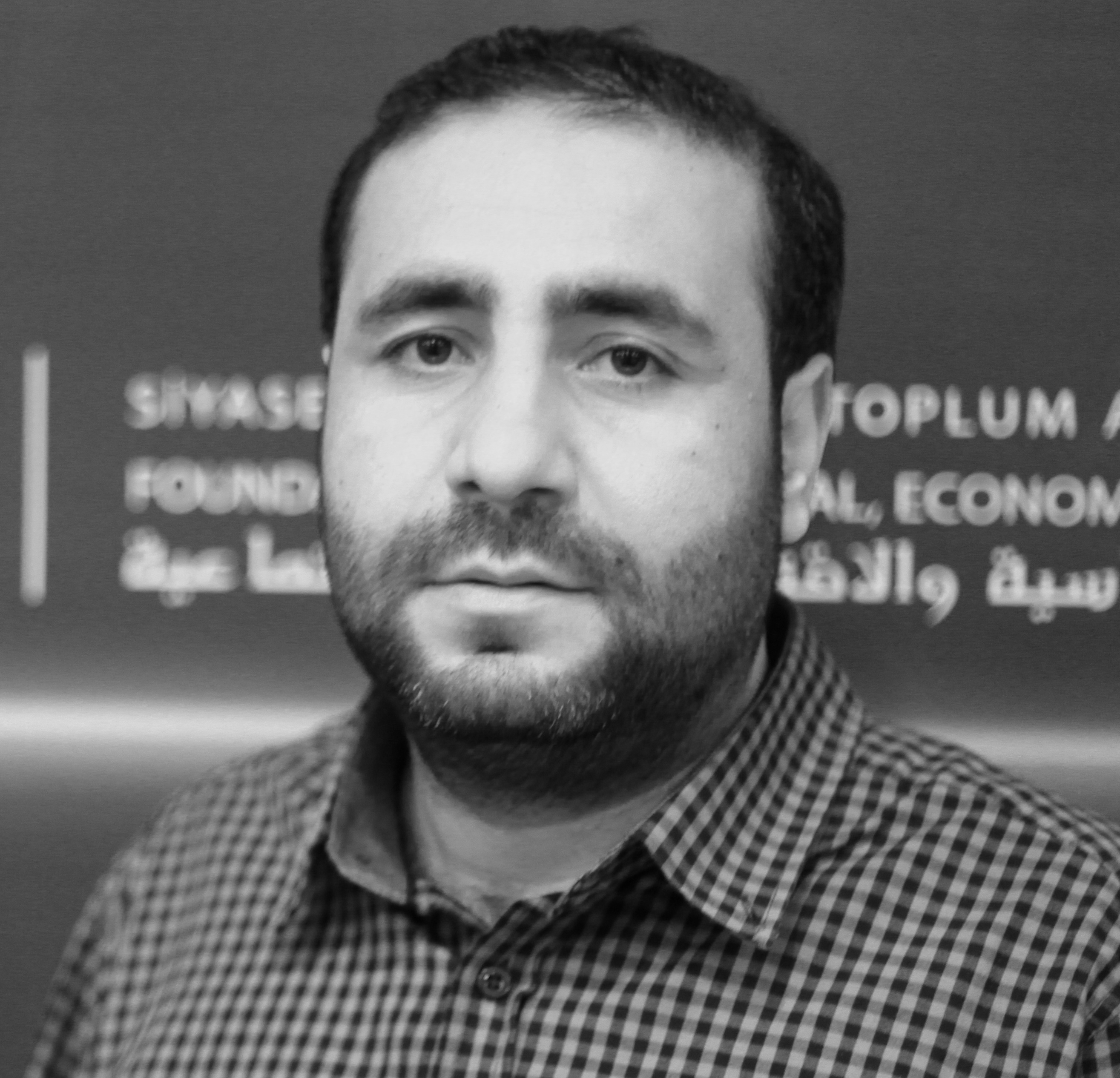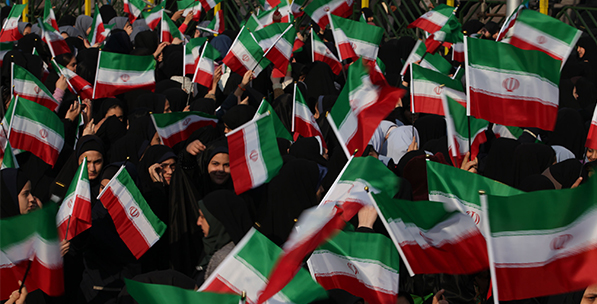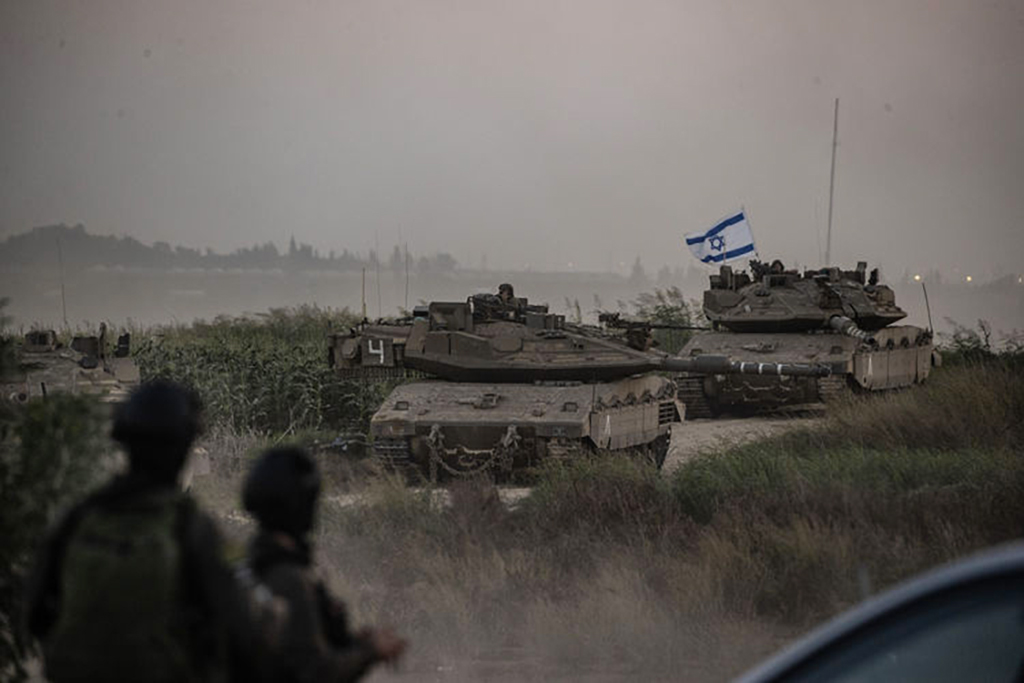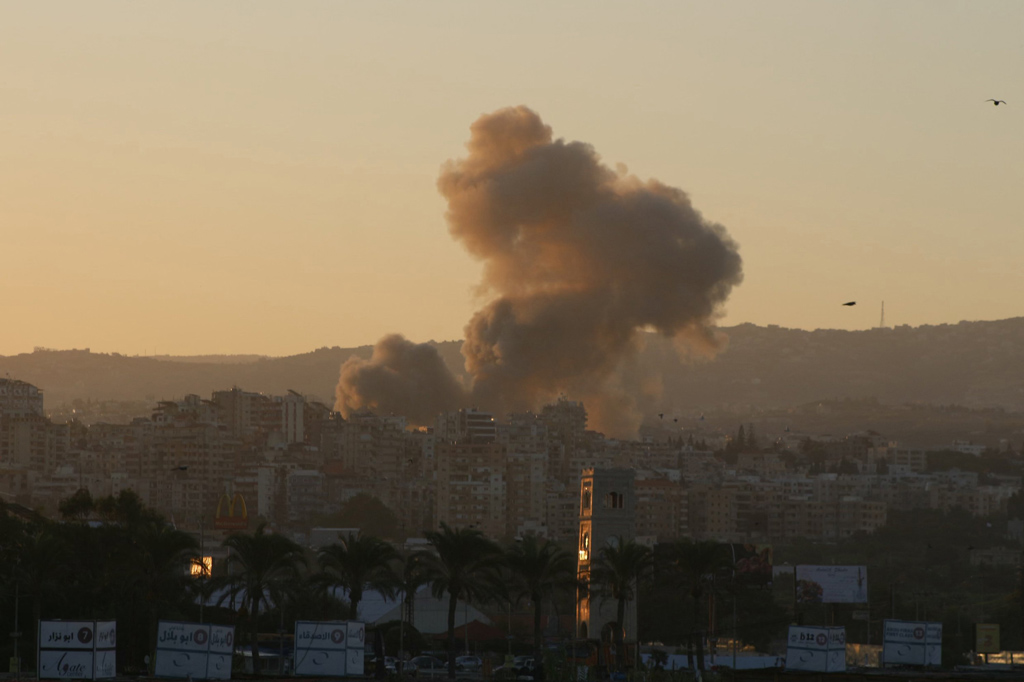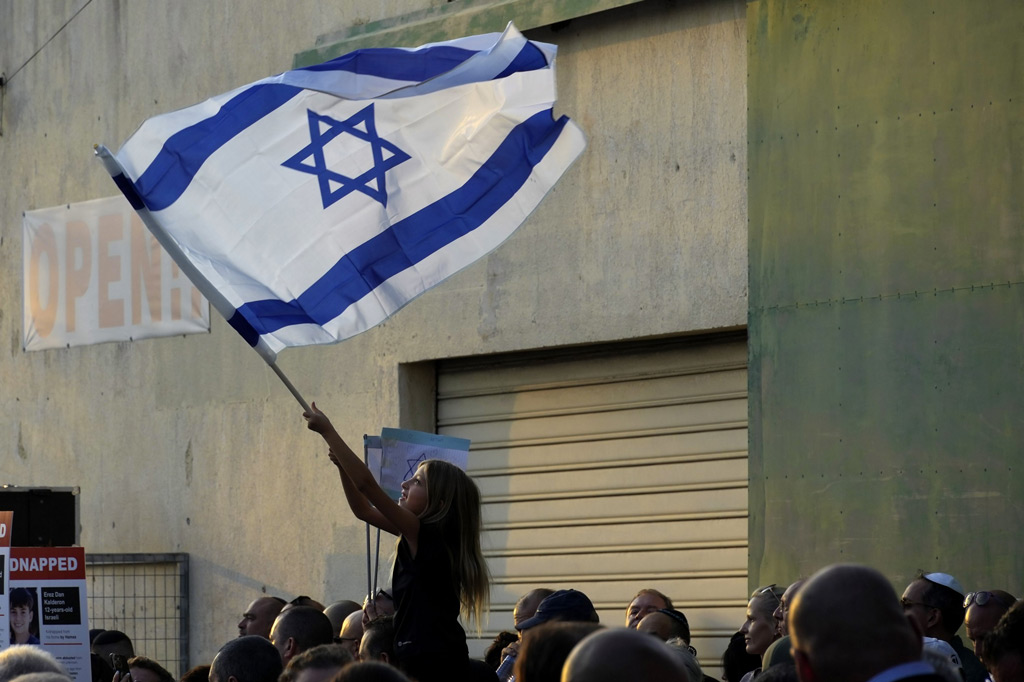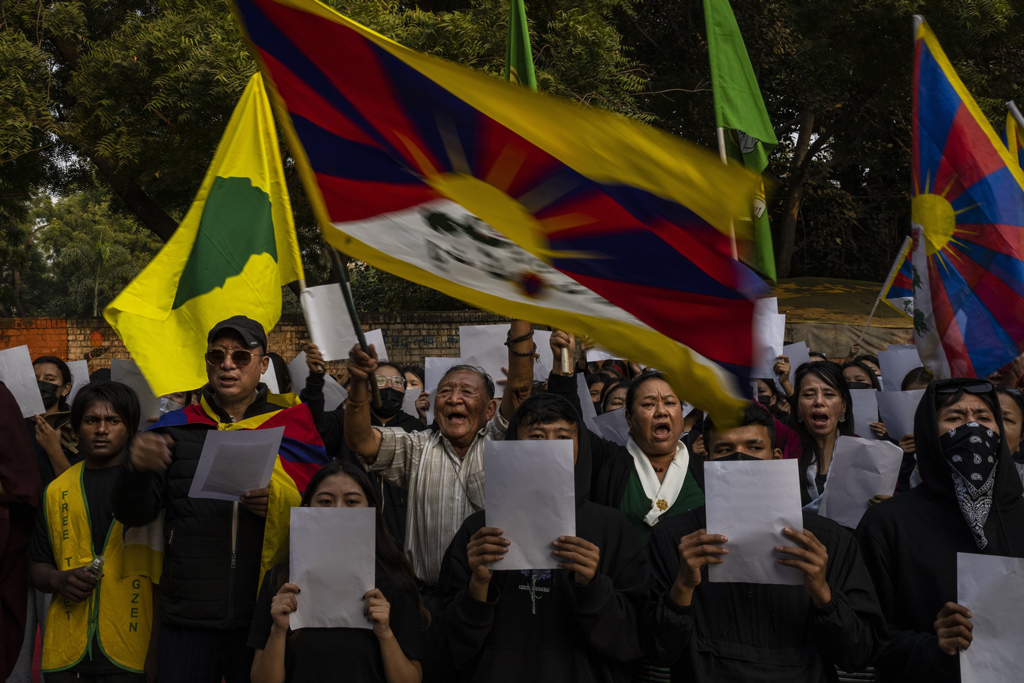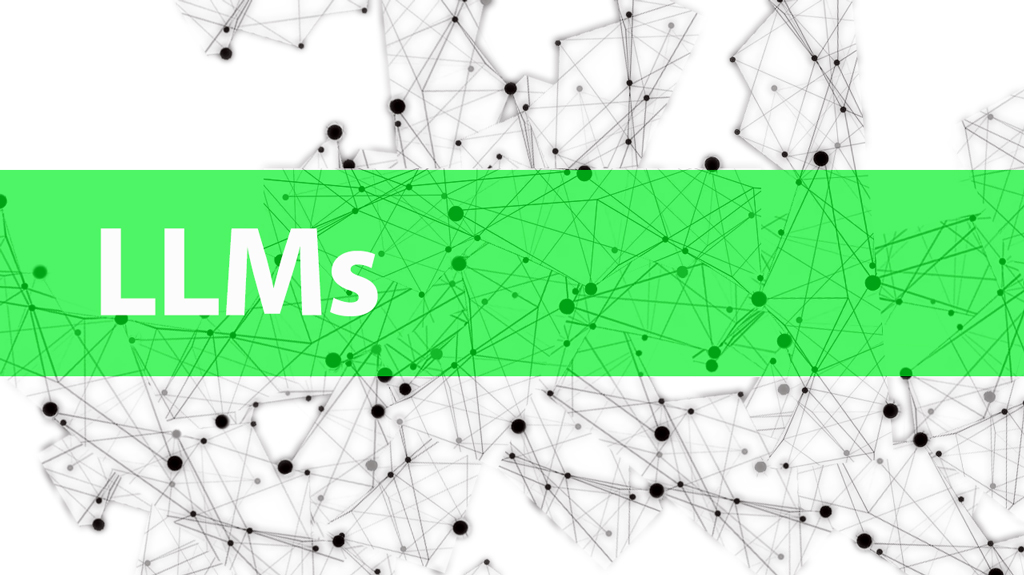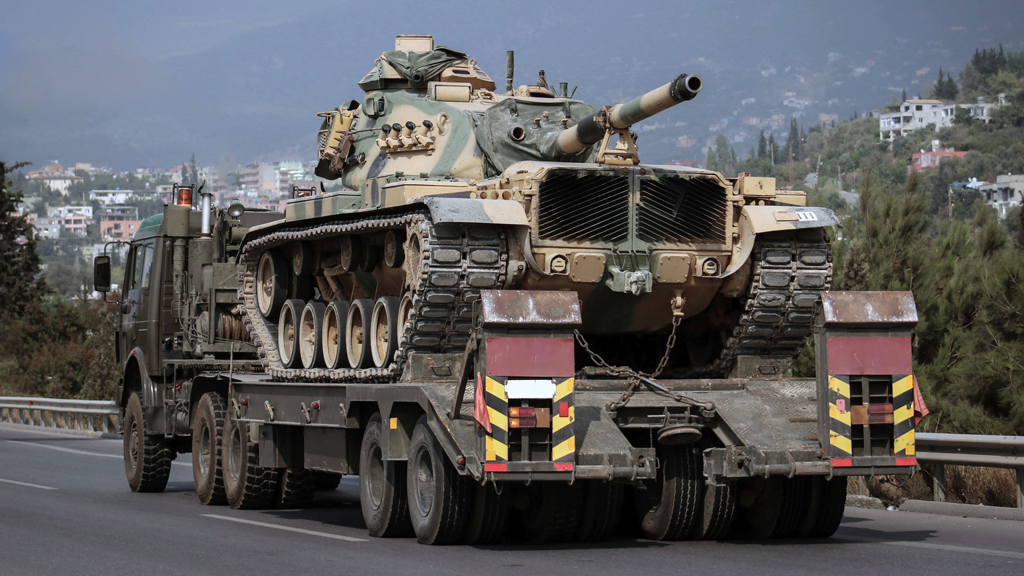The Iranian Islamic Revolution in February 1979 had regional and international repercussions. The Iranian revolution took place in a period predominated by the understanding of a bipolar world and the Cold War. The revolution pursued a foreign policy independent of these two polars and adopted a new discourse and approach not only inside but also outside. On the axis of this objective, Iran was eager to create a theoretical foreign policy framework with a “revolutionary” perspective. The country preferred to practice the said discourse during the Imam Khomeini period in particular. In the following periods, some changes were made in practice - though the initial discourse was not theoretically abandoned - and numerous initiatives have been taken to date.
Iran stressing political independence by the slogan of “Neither the East nor the West” has set forth its foreign policy pillars as follows:
- To have close ties with peoples and movements rather than States,
- Not to adjust foreign policy relations according to economic interests,
- To fight against Israel while supporting the Palestinian popular movements,
- To keep aloof with strategic interests of big political powers.
